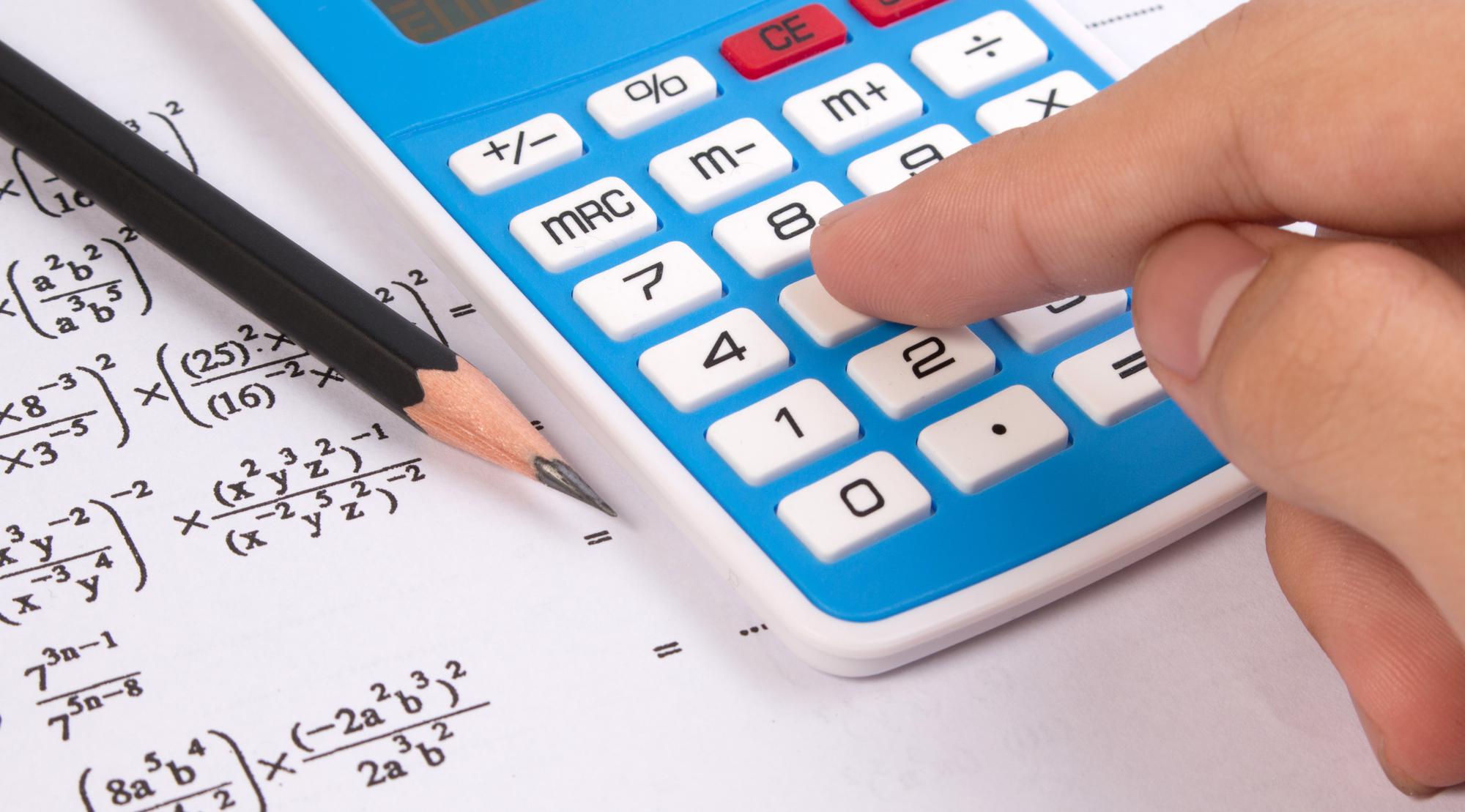4 Tips for Top Marks in Maths
- Written by Samantha Ball

Ready to get top marks in your maths exam? Here are our top 4 tips for studying for a maths exam to help you excel.
1. Start by practicing past maths papers
Studying theory is important but it is by putting the theory into practice whilst completing questions that the techniques can be learned most efficiently. By engaging with practice questions, rather than just memorising formulas, students can be engaged with their work, which assists with memory retention. Also, students can become used to the demand and pressure of a HSC exam by working under exam-like conditions (timed, without the assistance of notes or other study material). Answering the question isn’t enough - it needs to be answered efficiently, so as to allow enough time to finish the whole exam. Students can develop self confidence in their ability to solve problems effectively under pressure, under the same time constraints they will be under on the day of the exam.
2. Approach the questions correctly
Practise questions should be a part of a student’s study program at least 6 months prior to the exam. If the material in the practise question has not yet been covered, then it can be skipped. This means the questions can be practised throughout the year, as skills improve. This is also another way to increase confidence. If a question that was difficult the first time is easier the second time, the student will get a huge confidence boost. Practising repeated questions over time makes them easier and also helps with memory consolidation.
3. Write your own notes
An effective way to learn and memorise material is for students to prepare their own notes. This is because students can arrange the content they have learned in their own unique way, for example through mind maps. This allows students to have notes on information vital to their course, together with any explanations that are required. With preparation for the mathematics exam, well-organised notes should emphasise the similarities between topics, together with connections with the areas in each specific topic area.
4. Look to different exam sources
To achieve the best result, it helps to use a variety of sources to find practise questions. Past official trial papers, questions from textbooks, and independent past papers, are all options that students should consider. There are many different ways to solve the same problem, which students will learn by practising a variety of questions. Students will also learn that some ways of solving problems are easier than others! Find a wide range of sources and put yourself in the best position to excel.
For a student preparing for the HSC mathematics exam, the best use of their time is to complete a variety of practice questions by utilising past HSC papers. Not only are these past papers a great way to put knowledge and skills into practice - they also give the student an idea of the form that questions are usually presented.




